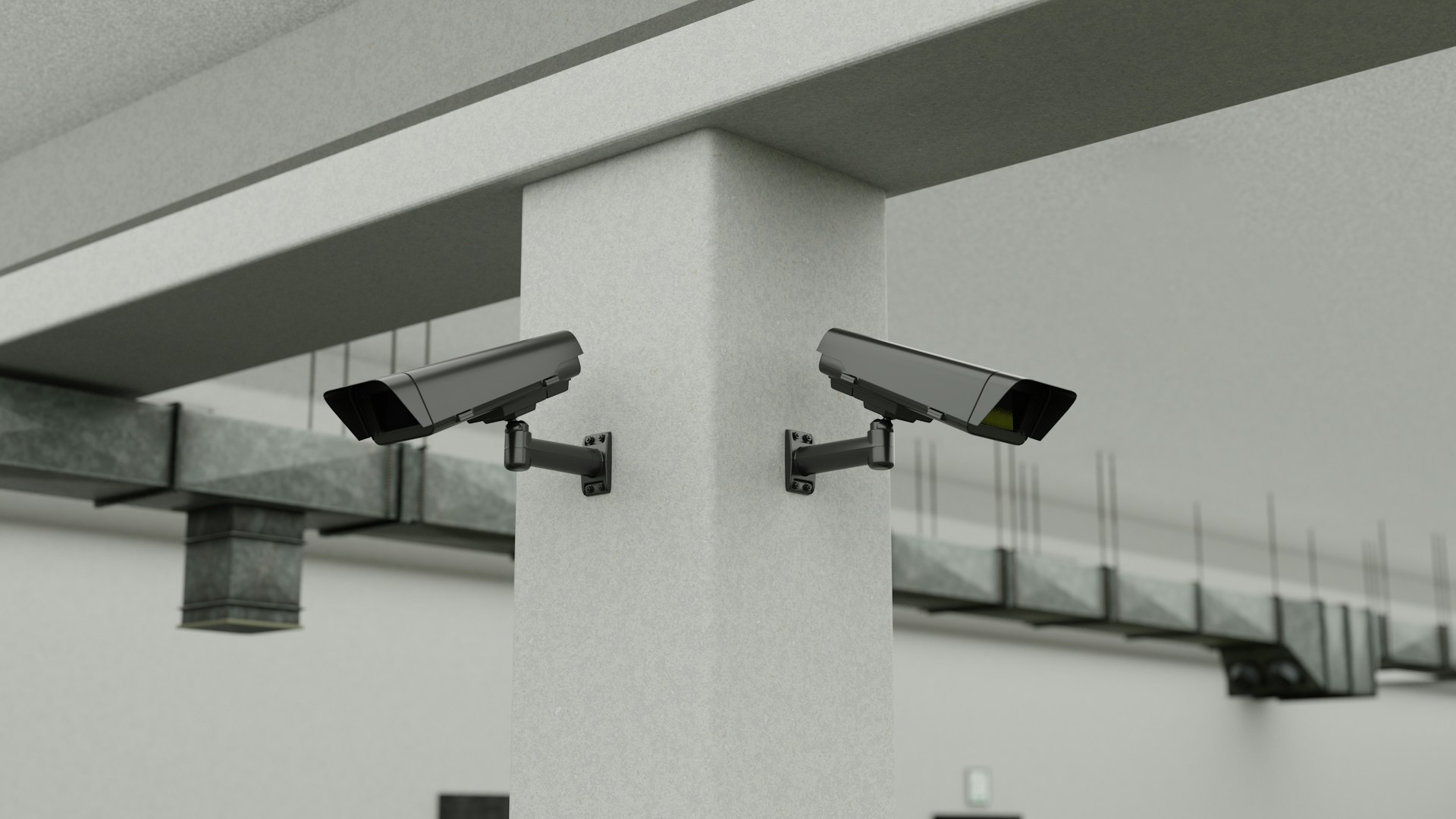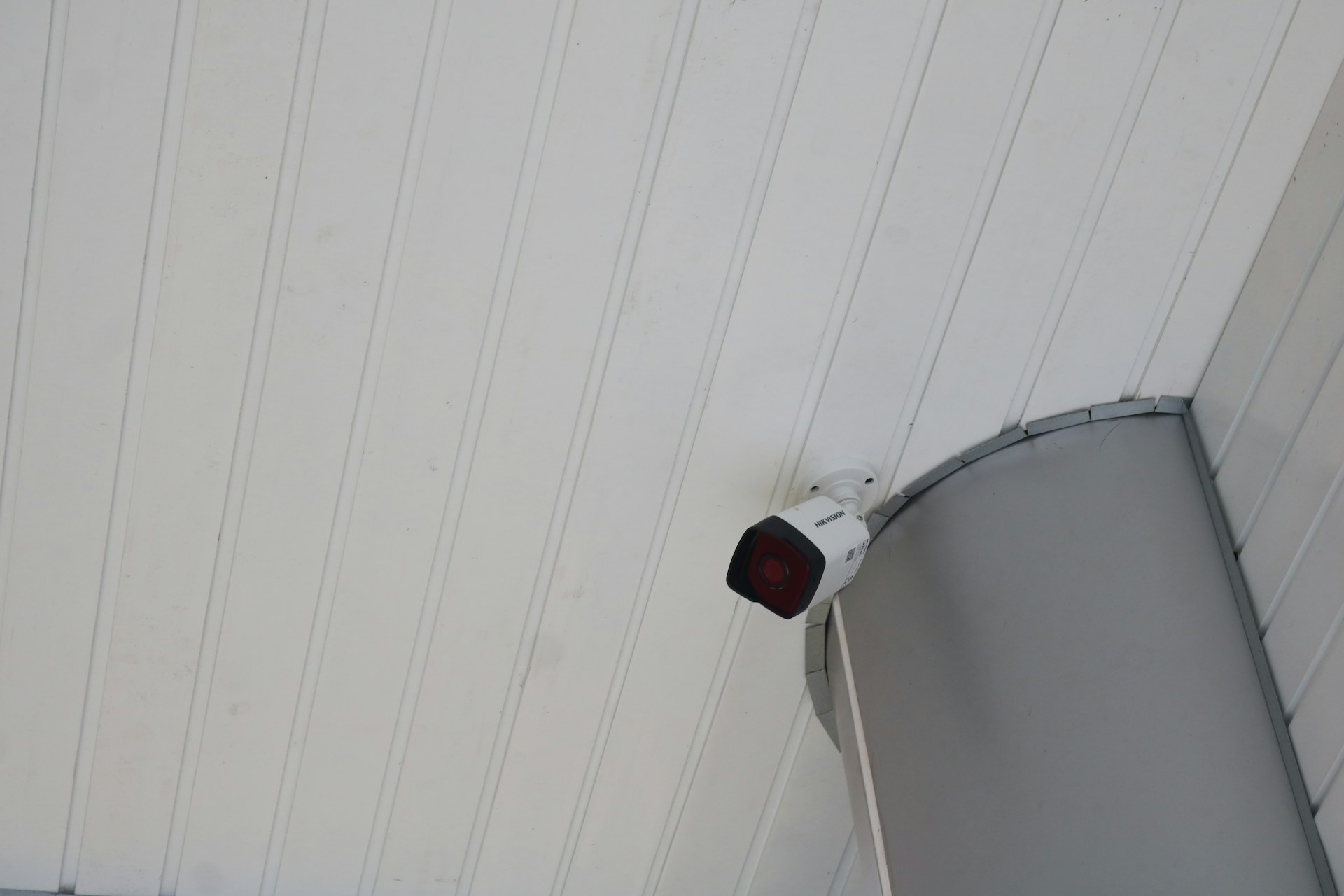When it comes to home security, understanding your rights and the legal boundaries surrounding your surveillance footage is crucial. Police can access your home security footage under specific circumstances, such as with a proper warrant or in emergencies. This means that while your security system serves to protect your property, it also carries the potential for law enforcement to request that information under certain legal conditions.
As a homeowner in the greater Houston area, you might wonder how these legal requests work and what you need to know to protect your privacy. Your security camera footage can be a valuable resource for police investigations, yet it's important to know when and how they can lawfully seize that footage.
Stay informed about your rights regarding home surveillance and learn about the procedures that law enforcement must follow. This knowledge empowers you to navigate any potential requests and safeguard your personal information effectively.
Legal Foundations for Police Access to Home Security Footage
Understanding the legal framework governing police access to home security footage is essential for protecting your rights. Various constitutional protections limit law enforcement’s ability to seize this footage, emphasizing the balance between privacy rights and the need for public safety.
Fourth Amendment and Unreasonable Searches
The Fourth Amendment protects you from unreasonable searches and seizures. This means that law enforcement generally can't access your private property, including home security footage, without your consent or a legitimate legal basis.
If police seek your footage without a warrant or consent, it could be deemed an unreasonable search. Ultimately, the specifics of how this amendment applies can vary depending on the situation and jurisdiction.
Probable Cause and Legal Standards
For police to obtain your security footage legally, they typically need to establish probable cause. This involves showing that the footage is likely to provide evidence of a crime.
Probable cause is a higher standard than mere suspicion. Law enforcement must demonstrate to a judge that there is a reasonable belief that accessing your footage will assist in an ongoing investigation or prosecution.
Court Orders and Warrants
In many cases, law enforcement must acquire either a court order or a warrant to access your security footage legally. A warrant specifically outlines the scope of the search and must be grounded in probable cause.
Alternatively, a subpoena can be issued for records, but this does not always apply to personal security footage. Courts generally scrutinize such requests to ensure they respect your privacy rights while also allowing necessary law enforcement access for investigations.
Types of Police Requests for Security Camera Footage
Understanding the various types of police requests for security camera footage is crucial for homeowners. These requests can vary in form and urgency, affecting how you should respond or comply.
Voluntary Cooperation with Police
When law enforcement approaches you for security footage, this often entails voluntary cooperation. Officers may visit your property after an incident and ask if you can provide relevant clips.
In this scenario, you can decide whether to share the footage. It's wise to review the request and the specific footage being asked for. A clear understanding of the context can help you protect your privacy while supporting the investigation. Maintaining a good relationship with local law enforcement can also benefit community safety.
Formal Requests and Subpoenas
Formal requests from police can take the form of warrants or subpoenas. A subpoena is a legal document requiring you to produce evidence, including security footage, typically for a court case or investigation.
If you receive a subpoena, it's advisable to consult an attorney to understand your obligations and rights. Law enforcement needs to demonstrate that the footage is essential to their investigation. Complying with a subpoena helps ensure that you are cooperating with the legal system while safeguarding your interests.
Emergency Circumstances and Exigent Situations
In emergencies, police have the authority to request footage without prior consent. These exigent circumstances allow them to act quickly to secure evidence.
For instance, if a crime is in progress or there’s an immediate threat to public safety, officers can bypass standard procedures. If approached under such conditions, your responsibility is to assess the situation and provide reasonable assistance. However, you still have the right to inquire about the nature of the request and ensure your compliance is necessary and lawful.
How Police Can Obtain Your Home Security Footage
There are specific ways law enforcement can access your home security footage, including obtaining information through cloud providers and physically accessing local storage devices. Understanding these methods can help you navigate the legal landscape surrounding your privacy and cooperation with authorities.
Access via Cloud Providers
If your security camera system uses cloud storage, police may request access to your footage directly from the service provider. When an incident occurs, they can issue a request, which can vary from informal queries to formal court orders.
Compliance rates depend on the nature of the investigation and any existing legal frameworks. You might not always be notified when footage is accessed, making it crucial to understand your rights.
Seizure of Local Storage Devices
In cases where footage is stored locally, such as on a DVR or NVR, law enforcement can legally seize these devices under certain conditions. If they believe the footage is essential for a criminal investigation, they may execute a warrant to access it.
The law typically requires that the police provide justification for such actions. Ensure your security system includes clear documentation of your rights and procedures for responding to requests. This can be beneficial in protecting your privacy while aiding lawful investigations.
Your Rights and Responsibilities When Police Seek Footage
When law enforcement requests access to your home security footage, understanding your rights and responsibilities is crucial. You have the right to refuse a voluntary request, but obligations vary depending on whether there's a court order or warrant.
Refusing a Voluntary Police Request
You have the right to decline a police request for your footage if it is voluntary. Officers might approach you informally, asking for recordings. You can politely refuse without facing legal penalties.
It's essential to know that although police can ask for footage, they do not have the authority to compel you without legal backing. Ensure that you communicate your decision clearly, as documenting any interactions can be beneficial.
Obligations Under a Court Order
If law enforcement presents a court order, your responsibilities change. A court order requires you to comply and provide the requested footage. Ignoring a court order can result in legal consequences, including fines or other penalties.
This type of order may come in the form of a subpoena or warrant, demanding specific recordings within a certain timeframe. It's advisable to consult with a legal professional to understand your obligations and ensure that you're complying correctly with the law.
Protecting Your Privacy Rights
Even when responding to police requests, you have the right to protect your privacy. Law enforcement must respect these rights when obtaining footage. If footage contains private individuals not involved in criminal activity, consider redacting or limiting access to that information.
Understand that sharing your footage voluntarily does not waive your privacy rights. You may outline conditions under which the footage can be used or shared. Always stay informed about your local laws regarding privacy and security footage to safeguard your interests effectively.
Implications of Sharing Security Camera Footage with Authorities
Sharing home security footage with authorities carries implications that can affect both criminal investigations and individual privacy rights. It is vital to understand how this process works, the potential consequences, and the policies of various security camera companies.
Impacts on Criminal Investigations
When you share footage from your security camera, you can significantly aid law enforcement in their investigations. For instance, a video clip may provide critical evidence that could identify a suspect or reveal the sequence of events during a crime.
Security cameras such as Ring and others often cooperate with police requests, allowing for quicker resolutions to cases. However, if there are concerns about potential misuse of the data, it may lead you to hesitate about sharing footage. It's important to assess how sharing could ultimately benefit public safety while balancing your own privacy rights.
Potential Legal Consequences
Sharing your security footage can lead to various legal consequences. You may inadvertently give up some of your privacy rights by allowing police access to your video. Even though law enforcement typically requires a warrant for extensive searches, certain emergencies might allow them to request footage without prior consent.
For example, in some jurisdictions, police can request video from companies without a warrant during emergencies. Understanding these legal frameworks is essential to ensure that you do not unintentionally expose yourself to liability or compromise your rights.
Company Policies and End-to-End Encryption
Different security camera companies have varied policies regarding how they handle video footage requests from law enforcement.
Some companies use end-to-end encryption to help protect your data from unauthorized access. Understanding the capabilities and limitations of your security camera system can guide you in making informed decisions about sharing footage. Always consider how privacy settings can be adjusted to safeguard your information while cooperating with lawful requests effectively.
Frequently Asked Questions
Understanding your rights regarding home security footage and police access is essential. The following questions address key aspects of how law enforcement may interact with your surveillance systems and your rights as a homeowner.
Under what circumstances are law enforcement officers authorized to access my private security camera footage?
Police can access your footage in specific scenarios, such as active investigations or emergencies. They may request this footage if it is relevant to a crime or incident, particularly if there’s an immediate need for evidence.
Is there a legal requirement for homeowners to surrender their security camera recordings to the police?
While you are not legally required to surrender your recordings, cooperation is often encouraged. If police have a warrant or subpoena, you must comply with their request for footage.
What are my rights regarding the privacy of my home security camera footage?
You have the right to privacy concerning recordings made from your security cameras. This includes the ability to control access and determine whether or not to share footage with law enforcement.
How does the process for police requests for home security footage work?
Typically, police will approach you directly and request access to the footage. They may explain the relevance of the recordings to their investigation, and you can ask for clarification or documentation regarding their request.
Can I deny a police request for access to my home surveillance recordings without a warrant?
Yes, you can deny access if law enforcement does not have a warrant or a legal reason for the request. It is your right to ask for verification of their authority before granting access to your footage.
What should I do if I'm approached by the police requesting my home security video recordings?
If approached, ask the officers to confirm that their request is official and explain the reason for needing the footage. If you feel uncertain, seek legal advice before complying with their request.
.svg)



.svg)


.svg)



